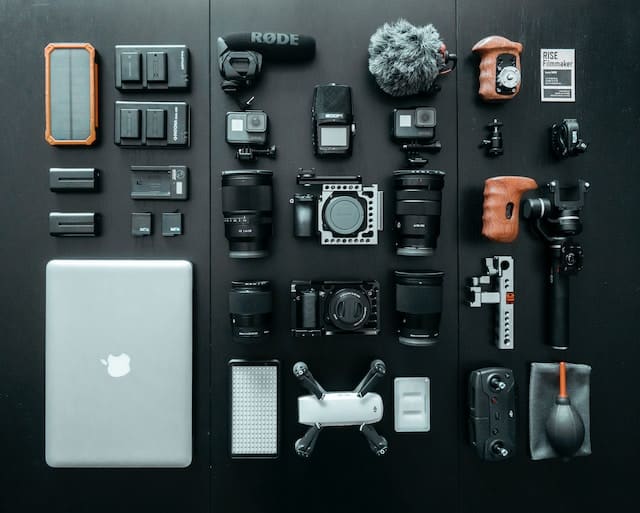Purchasing new equipment for your business is quite an exciting occasion. After all, new equipment is often a chance to improve the quality of your products which in turn improves the value offered to customers.
However, given the costs associated with making such a significant purchase, it’s not something you’ll want to do on a whim. Instead, to ensure a more positive shopping process, consider the following factors:
Equipment Quality and Brand
Whether you’re purchasing commercial ice makers and catering equipment or a new desk for your home office, it’s crucial to factor quality and branding into the equation. Some equipment brands have a more positive reputation than others. You might even find that some brands use better materials to extend longevity. Shop around and research brands before making your final decision.
Cost
Cost is undoubtedly one of the main factors when deciding which equipment to buy for your daily operations. While it’s tempting to purchase the cheapest option available, the price tag might reflect its quality. For example, if you’re looking for welding equipment, look at multiple price tags.
However, that initial price tag is not the only cost consideration. It pays to consider long-term costs as well—repairs, maintenance, operating expenses, and more. You might even weigh up the pros and cons of financing and see whether the company you’re buying from offers any leasing or financing options.
Many business owners prefer leasing since it can provide cash flow advantages and comes with the manufacturer’s support.
Needs
Think about the equipment you need, who will be operating it, and what features will make your business operations easier. Identifying your needs makes the decision-making process much easier. Just like cost, however, needs aren’t confined to just your current needs. Consider your future ones, as well. If you plan to grow your business operations, ensure your equipment can accommodate growth in the future.
User-Friendliness
New equipment can take time to adjust to, especially if it’s different from what you’ve had in the past. Ensure that any new equipment is easy for your employees to use, repair, and maintain if those tasks are required of them.

The more user-friendly the equipment is, the faster your team can learn and the less time you have to set aside for training.
Maintenance and Repairs
New equipment is usually trouble-free and requires no repairs. However, that’s not to say it will always be like that. Think about the ease and affordability of repairs and maintenance for specific equipment.
Some equipment has a competitive purchase price but has expensive or hard-to-get parts. Other equipment can be more expensive but has excellent parts availability and straightforward maintenance. Strike a balance to find a recipe for success.
Resale Value
Most business owners never think about resale value when they purchase new equipment, but it’s worth doing so you know how much you might sell it for in the future. Research equipment depreciation rates to understand what’s a realistic potential price.
In addition, it doesn’t hurt to research specific brands to see whether your equipment can be upgraded to enhance the resale value.
Reviews
Research is a key part of making well-informed purchasing decisions. Don’t be afraid to read online reviews, talk to other purchasers, and check out manufacturer websites to read testimonials. Doing so might give you an idea of what people love and don’t love about specific equipment. The more you know, the more sure of your decision you can be.
There’s much to consider before buying new business equipment. Consider the factors above to ease the purchasing process and find what’s best for you.










Leave a Reply